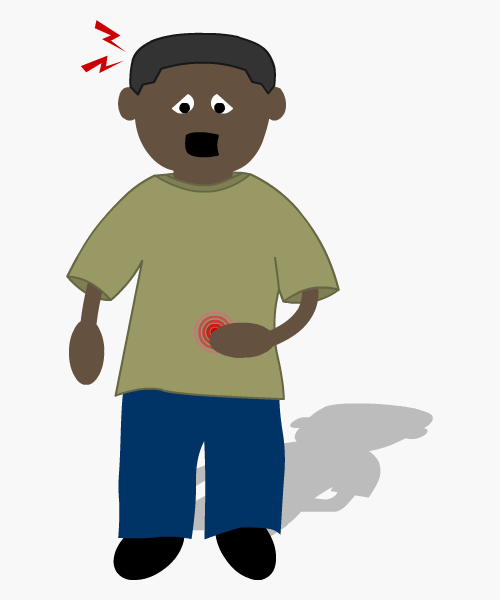As part of Mental Awareness Week 2022, we will look at the signs and effects of stress on the body. In particular, we will examine the physical effects of stress and will look at some ideas for managing stress.

A Definition of Stress
Stress can be defined as a feeling of emotional or physical tension. Stress is the way your body reacts to a challenging or demanding event, thought or situation. Some people may actually be suffering from stress without realising what is happening to them.
Signs of Stress
It is important to know how stress affects you physically and to be aware of the signs that indicate you may be suffering from stress. The following are some of the physical signs of stress:
- Increased heart rate or chest pains
- Feelings of tiredness leading to depression or anxiety
- Headaches
- Change in sleeping patterns
- Digestive or stomach problems
- Tensing of muscles or of the jaw
The following are some of the emotional and mental symptoms of stress:
- Panic attacks
- Becoming frustrated, irritable or anxious
- Feeling overwhelmed or feelings of losing control of emotions
- Constant worrying
- Change in appetite, either not eating or over eating
- Inability to focus or procrastinating to avoid responsibilities
It is important to emphasise that these emotional symptoms can quickly lead to physical symptoms. When your body is under stress, it takes action to protect itself which is why you may notice some of the symptoms already outlined. So even though stress is an emotional response to a challenging event, it is often the physical reactions that make you realise your body is under strain.
Unfortunately, stress is a part of life. However, knowing the symptoms and signs of stress will enable you to put steps in place to manage and hopefully prevent stress overload.
Dealing with Stress
There are some things that you can do to help relieve stress. When you notice some of the signs of stress, go for a walk and get some fresh air as this helps reduce stress. Taking a break from your mobile phone and social media accounts is an excellent way of disconnecting from the outside world (aka a digital detox). Reading is a good way to relax and meditation can also help those who suffer from stress. Regular exercise and a good diet is central to a healthy lifestyle and also contributes to a less stressful life.
Stressful situations and circumstances will always arise. It is the way you deal with them that makes the difference. Taking time out for yourself to protect both your mental and physical health is the key to dealing with stress.

